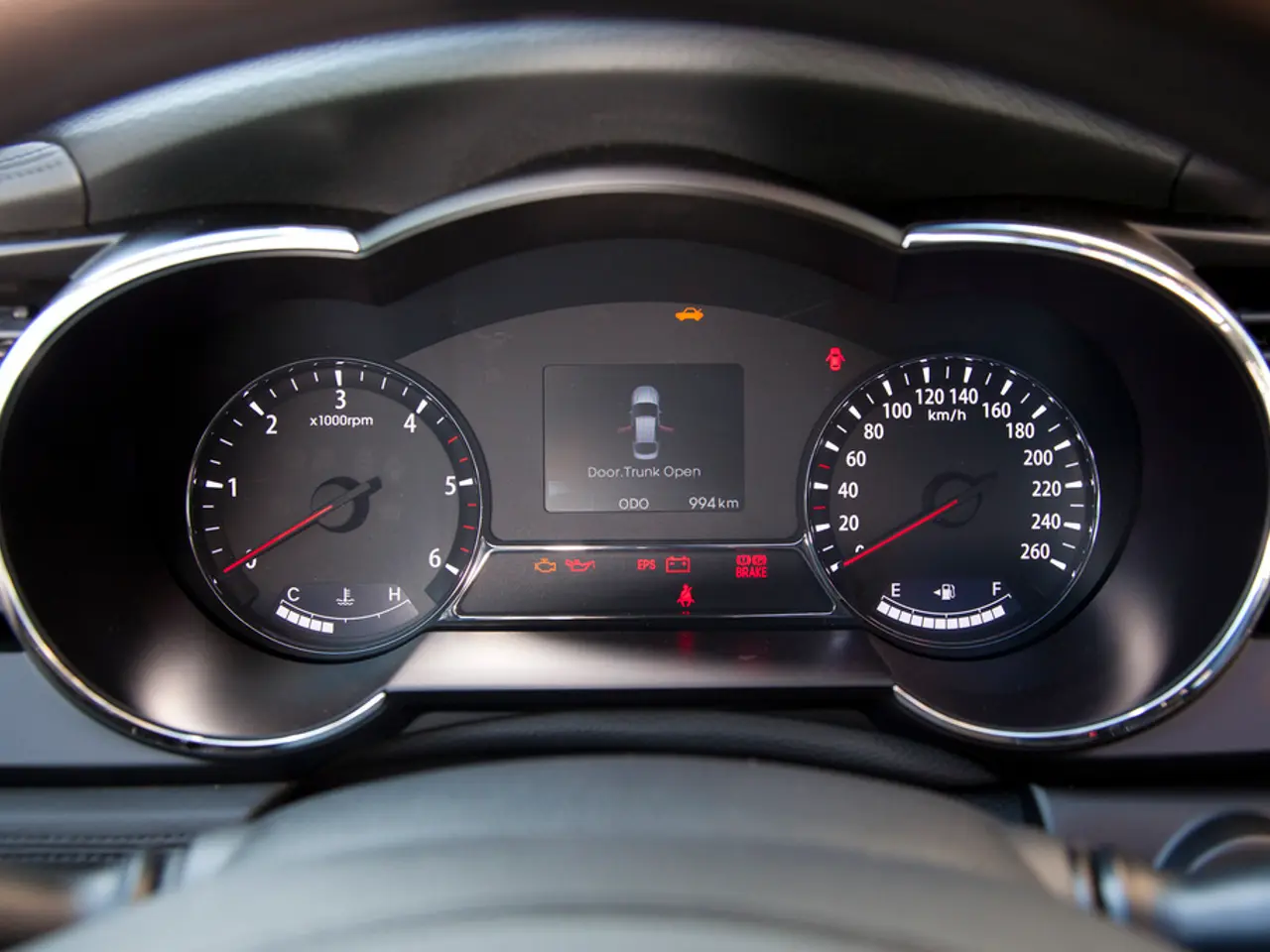Test results for VW ID.3 electric vehicle reveal undeniable findings
The Volkswagen ID.3 has proven its durability and battery performance after a rigorous four-year test conducted by Germany’s Automobile Club (ADAC), covering over 160,000 kilometers. The results demonstrate the quality of the ID series models, according to Volkswagen sales chief, Martin Sander.
The test, the first of its kind for an ID series model, subjected the ID.3 Pro S01, equipped with a 77 kWh battery, to challenging conditions. These included frequent fast-charging at fast-charging stations, prolonged periods of parking with a fully charged battery, and charging to 100% and experiencing long idle periods - conditions often considered harsh on batteries.
After 160,000 kilometers of real-world driving, the ID.3 retained an impressive 91% of its original battery capacity. This corresponds to a drop of only about 8 miles (13 km) from the initial range, starting from around 272 miles (438 km) to approximately 264 miles (425 km) post-test.
The battery durability significantly exceeds Volkswagen’s manufacturer warranty, which guarantees at least 70% battery capacity retention after 160,000 km or 10 years of use. The test results indicate the ID.3’s battery degradation is modest and slower than feared, showing better longevity than the 70% threshold by a wide margin.
Software updates during the test period also improved efficiency and charging speeds. Energy use efficiency increased from 3.11 miles/kWh initially to 3.4 miles/kWh by 2024, and peak charging power rose from 125 kW to 160 kWh on identical hardware. Capacity loss was gradual, with a drop from 96% at 13,500 miles (21,700 km) to 91% at around 90,000 miles and holding steady thereafter.
The ADAC test aimed to objectively evaluate the high-voltage battery's durability and the overall quality of the ID.3. Despite these high-stress conditions, the ID.3 showed no significant weaknesses, according to the ADAC’s conclusion. The vehicle’s body, suspension, and steering also showed no issues after 160,000 kilometers.
At low temperatures between 0 and 5 degrees Celsius, the new software positively affected energy consumption in the ID.3. The ADAC strongly recommends installing software updates in the ID.3 for improved performance.
The ID.3 remains attractive as a used car and continues to meet customers’ expectations, according to Sander. The test results affirm the robustness of modern EV battery technology and the quality of the Volkswagen ID.3.
The impressive battery life of the Volkswagen ID.3, as shown in the test, points towards potential advancements in the automotive industry's finance and technology sectors, as it outperformed Volkswagen's manufacturer warranty by a significant margin. The durability of the vehicle's high-voltage battery also extends to other areas of transportation, such as buses and trucks, which could lead to further innovations in this field. The test results serve as a testament to the progress being made in the automotive sector, ultimately boosting consumer confidence in electric vehicles (EVs) and encouraging further industry growth.




